India is a land of festivals and colorful celebrations all around the year.
One such beautiful festival is Navratri, which celebrates the nine manifestations of Goddess Durga or Adishakti. The festival is celebrated differently in different parts of the country. In western India, the festival charms with Garba and Dandiya nights, whereas the east celebrates by worshipping Goddess Durga and putting up massive pandals. South India celebrates the days by offering gifts and blessings while in the North we see Ramlila, fairs, and dance. We all decorate our houses with beautiful flowering plants and other decorations during Navratri to welcome Goddess Durga to our homes. Today, let us learn more about each day of Navratri and which manifestation of Durga it worships. We will also tell you which flower to offer on each day of the festival.
Goddess Shailputri - Hibiscus
Goddess Shailputri is known for her courage and represents divine motherhood. The goddess is often associated with the color red which represents strength, love, and passion. The beautiful Hibiscus flower is offered to the Goddess on this day
Goddess Brahmacharini - Chrysanthemum
The second day of Navratri is dedicated to Goddess Brahmacharini known for her strict discipline and immense patience. On this day the white Chrysanthemum flower is offered to the Goddess as it symbolizes the purity and peacefulness she attained.
Goddess Chandragantha - Lotus
Goddess Chandrgantha is the third incarnation of Durga and according to ancient texts, the Goddess has a third eye that remains open signifying her readiness to fight evil. The soothing Lotus flower with its pristine white petals, symbolizes her virtues of peace, purity, and calm.
Goddess Kushmanda - Jasmine
The fourth day of the sacred festival of Navratri is dedicated to Goddess Kushmanda. It is said that a simple curve of her smile ignited the spark that brought the universe into existence. The day is celebrated by offering the Goddess, Jasmine flower with its sweet fragrance and representative of purity and good omens.
Goddess Skandmata - Rose
Goddess Skandmata is the fifth manifestation of Devi Durga and is worshipped for her maternal devotion and touch. She is Lord Kartikeya’s protective mother, who is the son of Lord Shiva and Mata Parvati. Goddess Skandmata represents motherly instinct, courage, and power. We worship her with the Rose flower on this day and pray for her blessings.
Goddess Katyayani - Marigold
The sixth day of Navratri is about the fierce presence of Goddess Katyani known as the warrior manifestation and slayer of demon Mahishasura. She is known as the Goddess of war and devotees see her courage and power during these days. Goddess Katyayani is known to love the Marigold flower and is offered the same on this pious day.
Goddess Kaalratri - Passionflower
On the seventh day of Navratri, we worship Goddess Kaalratri as the one who demolishes ignorance and removes darkness by birth. The Passionflower is used to worship her as the dark colors of this flower represent everlasting strength and her fierce etermination to eradicate darkness
Goddess Mahagauri - Mogra
Maa Mahagauri is the goddess of purity and the eighth day of Navratri is dedicated to her for her purity and peaceful demeanor. She is known to shine like the moon and the Mogra flower is offered to worship her on this day. The Mogra or the Jasmine flower symbolizes beauty, innocence, and kindness just like the devi.
Goddess Siddhihatri - Champa
The last day of the festival of Navratri is dedicated to Goddess Sidihatri - the bestower of Siddhis and the ninth manifestation of Adishakti. Siddhiharti is made up of two Sanskrit words “siddhi” which means perfection and “darti” which means one who provides or bestows. The Champa/ Plumeria flower is used as an offering to her on this day and to seek her blessings.
Now, that you know all about the nine manifestations of Goddess Durga and their favorite flowers, we hope you will celebrate this Navratri with even more zeal and devotion.
Bring a plant home and find your spiritual connection with the divine.
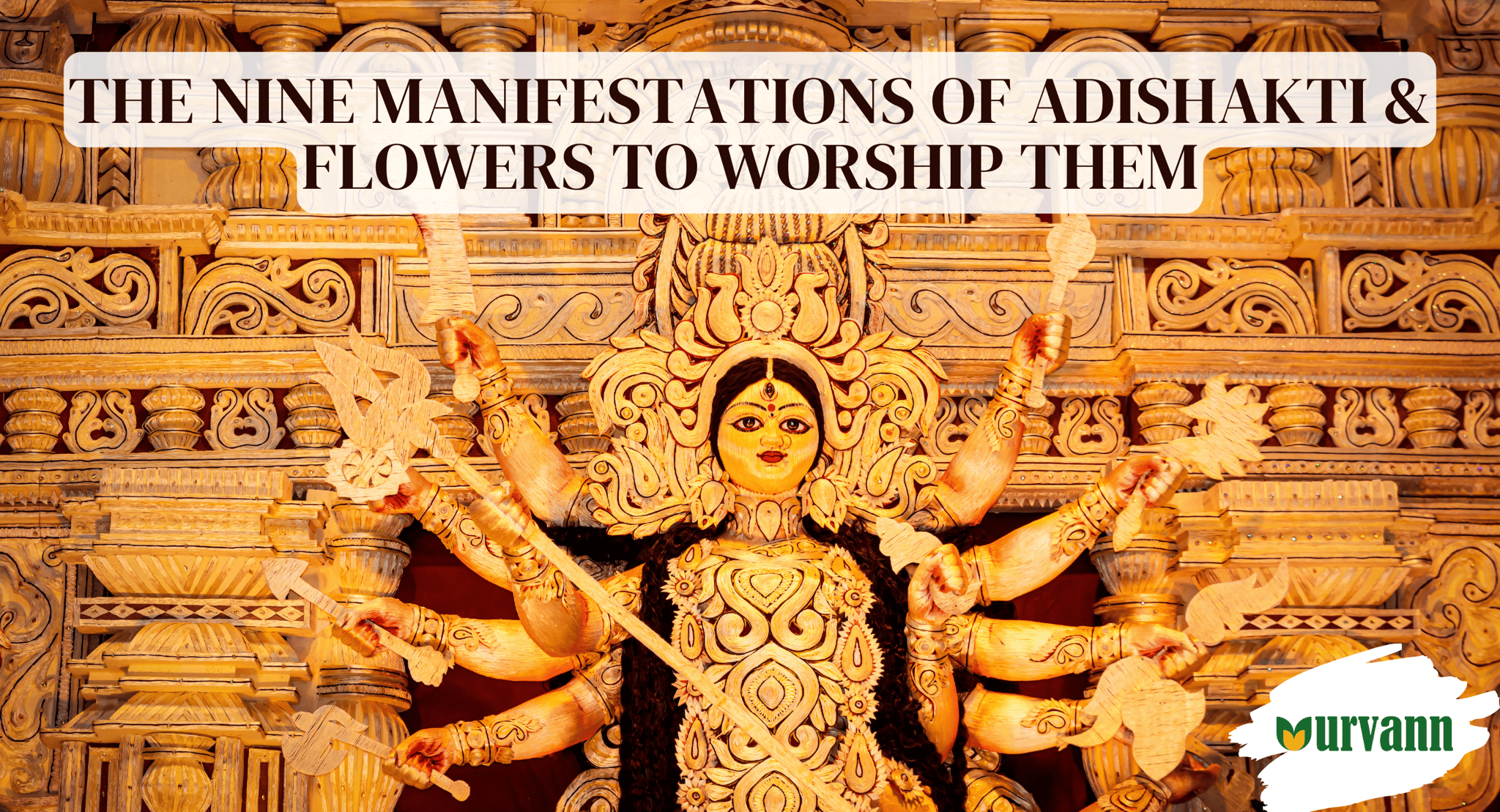
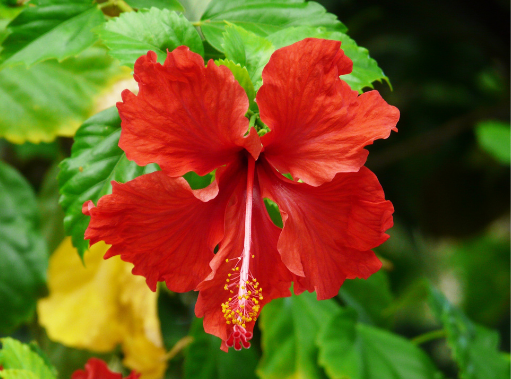
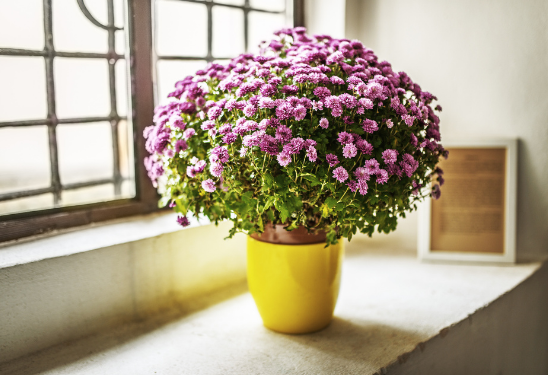
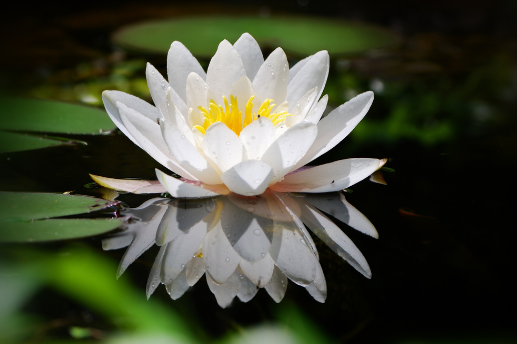
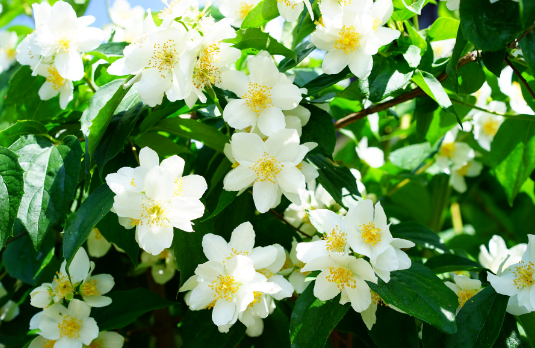
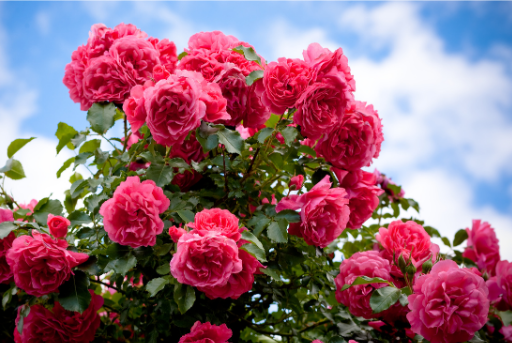
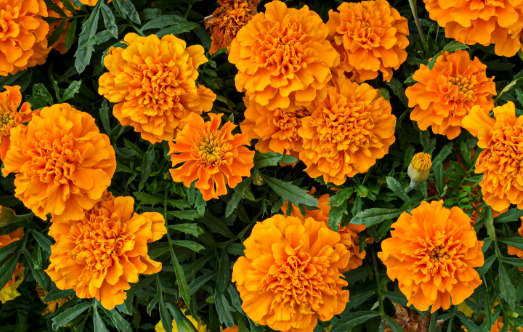
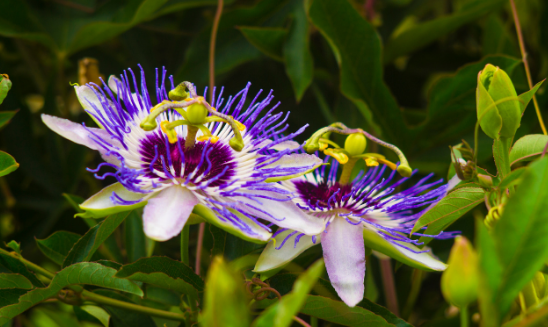
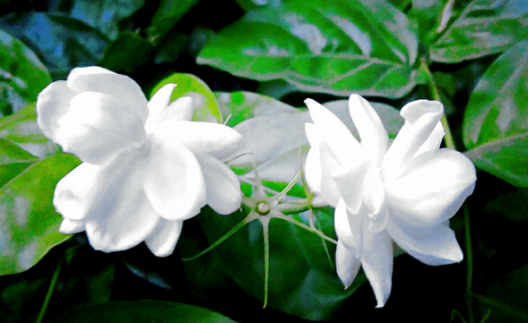
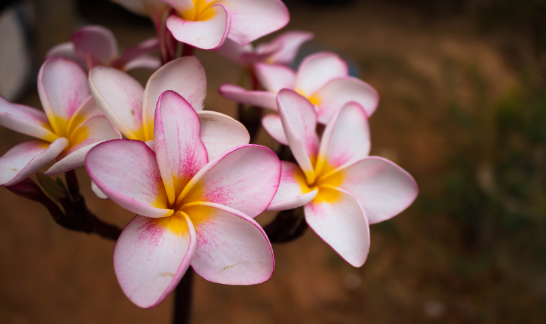

0 Comment